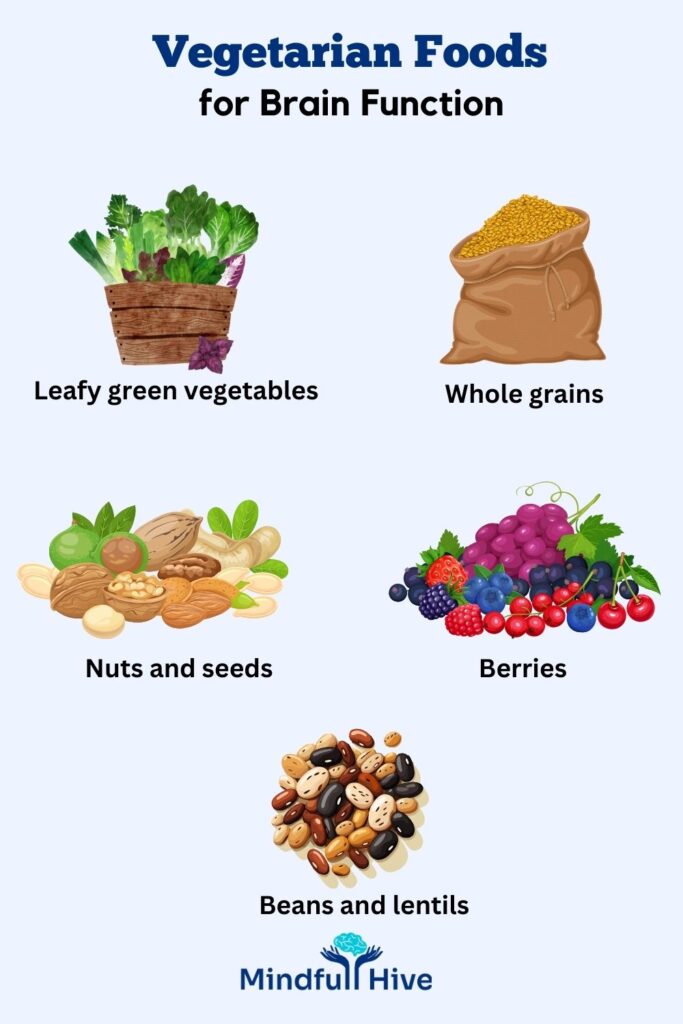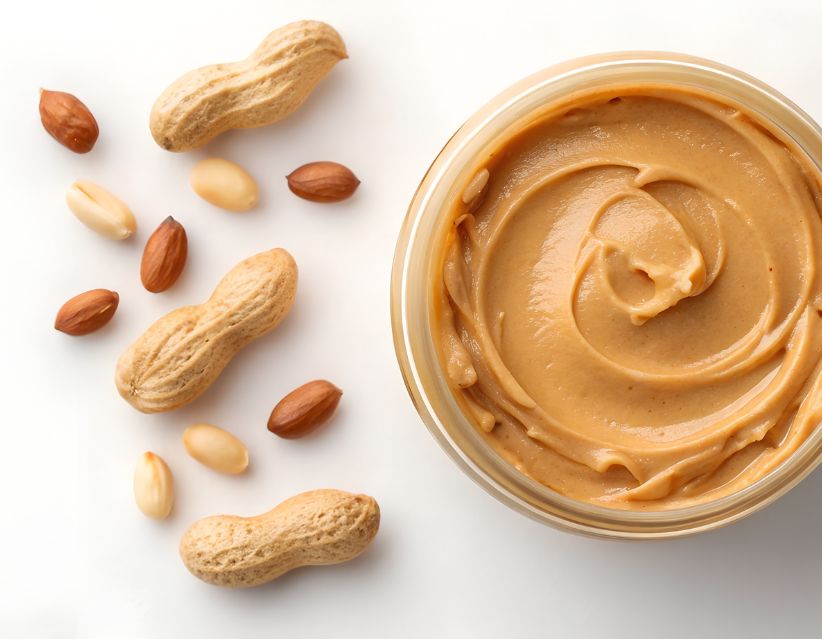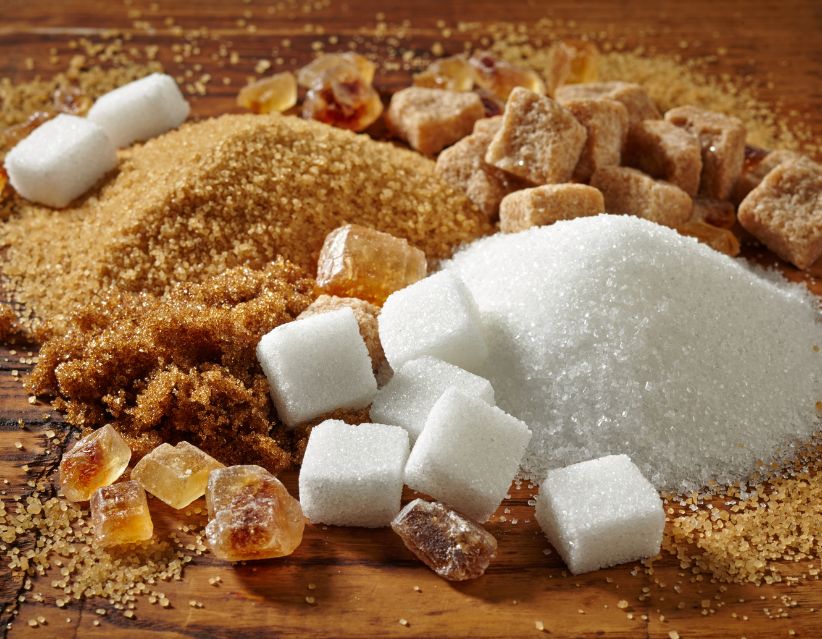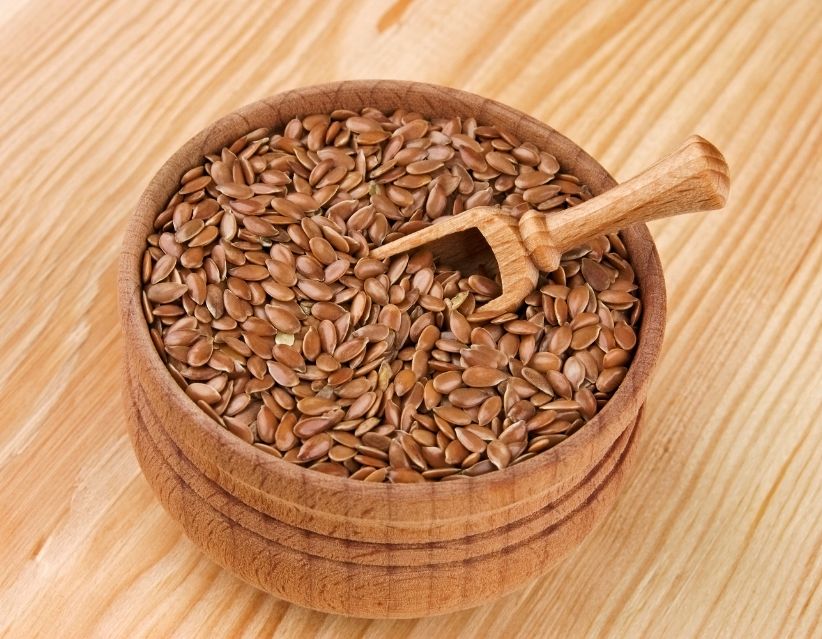Every morning, I watched my grandmother mix blueberries into her oatmeal and pile leafy green vegetables onto her lunch plate, insisting these foods kept her mind sharp. At the time, I shrugged it off as just another one of her healthy habits. But years later, when I found myself forgetting why I walked into a room or where I left my keys, I remembered her advice. Could our daily diet really influence memory and mental clarity? My curiosity led me to discover the MIND diet – a brain-boosting vegetarian diet plan aimed at keeping the brain young and memory strong. In this guide, we’ll explore what is the MIND diet and how a healthy vegetarian diet for memory and cognitive health can be both delicious and easy to follow.

What Is the MIND Diet?
The MIND diet (short for Mediterranean-DASH Intervention for Neurodegenerative Delay) is an eating plan designed to support brain health and prevent cognitive decline. Think of it as a hybrid of the Mediterranean and DASH diets, tailored specifically as a dementia prevention diet plan focusing on nutrient-rich, brain-friendly foods. Research shows that people who follow the MIND diet closely have significantly slower memory loss and a lower risk of Alzheimer’s disease (in one study, up to 53% lower risk) . Better yet, it’s primarily plant-based, so it’s easy to follow for vegetarians.
Foods to Eat More Often (Brain-Healthy):
- Leafy green vegetables (spinach, kale, etc.) – leafy green vegetables are emphasized almost daily
- Other vegetables (all kinds, the more variety the better)
- Whole grains (oats, brown rice, quinoa, 100% whole-wheat bread)
- Nuts and seeds (almonds, walnuts, chia seeds, flaxseeds)
- Beans and lentils (all legumes and lentils like chickpeas, black beans, soybeans)
- Berries (blueberries, strawberries, raspberries)
- Olive oil (use as main cooking oil for its olive oil benefits)
Foods to Limit (Eat Rarely):
- Butter and margarine (stick to olive oil instead for healthy fats)
- Full-fat cheese
- Red meat (beef, pork, lamb) and processed meats
- Fried foods and fast food
- Pastries, desserts and sugary sweets
Notice anything? Most of the foods in the “eat more” list are already vegetarian. The only non-vegetarian items originally in the MIND diet are a few servings of fish and poultry per week, but these are optional. Vegetarians can easily swap in extra legumes and lentils or soy products for those. In fact, many experts consider the MIND diet one of the best vegetarian diets for brain health because it naturally focuses on plant-based ingredients. By filling up on leafy greens, whole grains, nuts, and berries (and using olive oil as your go-to fat), you’re following a brain-boosting vegetarian diet without needing any meat at all.
How Does the MIND Diet Improve Brain Function?
How exactly do these foods translate into better brainpower? A plant-based diet for cognitive health like the MIND diet works by delivering key nutrients and minimizing harmful ones. Here are some ways it boosts brain function:
- Fights Oxidative Stress:
Many MIND diet foods are rich in antioxidants – for example, berries and dark chocolate antioxidants fight oxidative stress in the brain, preventing cell damage and keeping your mind sharp. - Reduces Inflammation:
Emphasizing healthy fats in plant-based diets (olive oil, nuts, avocados) means less inflammation. Meanwhile, cutting back on butter and fried foods reduces unhealthy saturated fats. Less inflammation in brain tissue is linked to better cognition. - Improves Blood Flow:
A heart-healthy vegetarian eating pattern leads to healthier blood vessels. Whole grains and legumes help keep arteries clear, ensuring strong blood flow to the brain. More blood flow means more oxygen and nutrients for brain cells, which supports thinking and memory. - Provides Brain-Protective Nutrients:
This diet is packed with vitamins and minerals important for the brain. Leafy green vegetables provide folate and vitamin K (linked to memory), nuts and seeds offer vitamin E (which may help prevent cognitive decline), and whole grains plus beans give B-vitamins for energy. These brain-protective nutrients nourish neurons and may slow brain aging. - Includes Omega-3s (No Fish Required):
Omega-3 fatty acids are crucial for brain cell structure. Instead of fish, the MIND diet uses vegetarian sources of Omega-3 like flaxseeds, chia seeds, and walnuts. These plant-based Omega-3s help reduce inflammation and support cognitive performance. - Boosts Memory with Flavonoids:
Berries for brain health (and even a bit of dark chocolate) contain flavonoids, which research shows can improve memory and learning. By enjoying berries regularly, you give your brain compounds that enhance memory and mental clarity.
Brain-Boosting Vegetarian Diet Principles
The MIND diet’s success comes from a few simple brain-boosting vegetarian diet principles:
- Fill up on whole plant foods: Make vegetables (especially leafy greens), fruits, whole grains, and legumes the bulk of your meals. These foods provide fiber, antioxidants, and steady energy for the brain.
- Favor healthy fats over bad fats: Use olive oil as your primary cooking oil and eat plenty of nuts and seeds. Avoid or limit butter, full-fat dairy, and fried foods. This swap ensures you get healthy fats in plant-based diets and skip the brain-harming fats.
Healthy Vegetarian Diet for Memory
A key aim of the MIND approach is to create a healthy vegetarian diet for memory preservation. It does this by providing plenty of memory-enhancing plant-based foods that benefit your brain. For example:
- Vitamin E from nuts and seeds: This antioxidant vitamin (abundant in sunflower seeds, almonds, etc.) has been linked to better memory as we age. The MIND diet’s inclusion of nuts and seeds ensures you get vitamin E regularly to help protect memory.
- Flavonoids from berries and cocoa: The flavonoid compounds in berries (and also in dark chocolate) have been shown to improve memory and delay cognitive decline. Enjoying berries for brain health a few times a week can give your memory a noticeable boost over the long term.
Plant-Based Diet for Cognitive Health
Following a plant-based diet for cognitive health like the MIND diet pays off in more ways than one. You’re not just improving memory; you’re supporting mental clarity, focus, and even mood. The mix of antioxidants, healthy fats, and vitamins acts like fuel for your brain, helping you stay mentally alert throughout the day. Over time, this eating pattern can help ward off cognitive decline. It’s clear that packing your meals with vegetarian superfoods for mental clarity (and cutting out the junk) creates an environment where your brain can thrive.
Vegetarian Foods for Brain Function
Here’s a quick look at top vegetarian foods for brain function encouraged on the MIND diet and why they’re good for you:
| Vegetarian Food | Brain Benefit |
| Leafy green vegetables | High in vitamin K and antioxidants; linked to slower cognitive decline. |
| Whole grains | Provide steady energy and B vitamins for concentration. |
| Nuts and seeds | Rich in healthy fats (Omega-3) and vitamin E that protect brain cells. |
| Berries | High in flavonoids (antioxidants) that improve memory. |
| Beans and lentils | Plant-based protein and B vitamins support overall cognitive health. |
| Olive oil | Source of monounsaturated fats and polyphenols; helps reduce brain inflammation. |
| Dark chocolate | Contains flavanols (dark chocolate antioxidants) that enhance blood flow and mood. |
FAQs about the MIND Diet
Q1: Does the MIND diet really help prevent dementia?
A: Yes. The MIND diet was specifically developed as a dementia prevention diet plan, and research shows it can indeed help prevent dementia or slow it down. By focusing on foods to prevent cognitive decline (like leafy greens, berries, nuts, and whole grains) and cutting out pro-inflammatory foods, the MIND diet creates an environment in the body that protects the brain. In fact, studies have found that older adults who followed the MIND diet most closely had a much lower risk of developing Alzheimer’s disease. While it’s not a guarantee, it’s one of the most promising dietary approaches to safeguarding your brain as you age.
Q2: What is the best vegetarian diet for brain health?
A: The MIND diet is widely considered one of the best choices when it comes to a vegetarian diet for brain health. It’s essentially a plant-centric version of the Mediterranean diet tailored for cognitive benefits. By emphasizing leafy greens, berries for brain health, nuts, seeds, whole grains, and other vegetarian foods for brain function, the MIND diet checks all the boxes. Other diets like the Mediterranean or DASH are also good for the brain, but the MIND diet’s targeted focus on brain-boosting foods arguably makes it the best vegetarian diet for brain health for many people.
Q3: Can I eat dark chocolate on the MIND diet?
A: Yes – in moderation, dark chocolate can be a brain-friendly treat. While not an official requirement of the MIND diet, a small amount of dark chocolate fits well within this eating plan. Dark chocolate (with high cocoa content) contains flavonoid antioxidants and magnesium that are good for your brain. Those dark chocolate antioxidants help improve blood flow in the brain and may even boost your mood. Just be sure to stick to a few small squares and choose dark chocolate over sugary milk chocolate to keep it healthy.
Q4: How soon can I expect to see results in my brain function or memory?
A: The MIND diet is a long-term strategy, not an overnight fix. You might notice small improvements in mental clarity after a few weeks of eating brain-healthy foods, but the biggest benefits (like a lower Alzheimer’s risk) will come with many months or years of consistent adherence. Think of it as an investment in your brain’s future — the longer you follow it, the more you’re likely to gain.
Q5: What is a sample MIND diet meal plan for vegetarians?
A: Creating a MIND diet meal plan (vegetarian) is easy and tasty. Here’s an example of a one-day plan:
- Breakfast: A bowl of oatmeal (whole grain) cooked with almond milk, topped with blueberries and chopped walnuts (for berries and nuts and seeds).
- Lunch: Large salad with mixed leafy green vegetables, cherry tomatoes, cucumbers, and a scoop of chickpeas (legumes). Drizzle with olive oil and vinegar dressing. Have a slice of whole-grain bread on the side.
- Snack: Carrot sticks and bell pepper slices with hummus (made from beans and olive oil), or a handful of mixed nuts and seeds.
- Dinner: Stir-fry tofu with broccoli, carrots, and bell peppers in olive oil and garlic. Serve it over brown rice (whole grain). Include a side of steamed spinach or kale for extra leafy greens.
- Dessert: A few squares of dark chocolate with a handful of strawberries.
This example MIND diet meal plan vegetarian hits all the key brain-healthy food groups (leafy greens, whole grains, legumes, nuts, berries, and olive oil). As a vegetarian, you can mix and match similar meals to follow the MIND diet every day.
2 Quick Tips for a Brain-Boosting Vegetarian Diet
- Quick Tip 1: Prep your greens in advance. Wash and chop a big batch of leafy green vegetables at the start of the week and store them in the fridge. Having ready-to-eat spinach, kale, or other greens on hand makes it easy to toss them into smoothies, salads, or stir-fries (cooked in olive oil) every day. This way you never miss out on your daily dose of brain-loving leafy greens.
- Quick Tip 2: Swap sugary snacks for nuts and seeds. Keep a small container of mixed nuts and seeds (almonds, walnuts, pumpkin seeds, etc.) with you. When cravings hit, grab a handful instead of reaching for candy or chips. You’ll get a satisfying crunch along with healthy fats and vitamin E. For a sweet twist, add a few dark chocolate pieces or some dried berries to the mix – this trail mix will give you a hit of dark chocolate antioxidants and fruity flavonoids while still being great for your brain.
Embracing the MIND diet as a brain-boosting vegetarian plan can be a life-changing step for your health. Not only are you enjoying delicious plant-based meals, but you’re also actively nourishing your brain with each bite. Remember, every salad full of leafy green vegetables, every bowl of whole grains, and every handful of nuts and seeds or berries is an investment in your cognitive future. Over time, those small choices add up to sharper memory, better focus, and a lower risk of cognitive decline – keeping you mentally clear and sharp for years to come. Your mind works hard for you, so feeding it the right fuel is one of the best things you can do!
Source:
nutritionsource.hsph.harvard.edu












It feels disingenuous to present the MIND diet as a vegetarian diet. The MIND diet promotes eating lots of fish and chicken.
I was searching for a vegetarian ADAPTATION of the MIND diet. I would have appreciated the acknowledgement that the original diet includes flesh and more information about replacing the animal products with vegetarian ones.